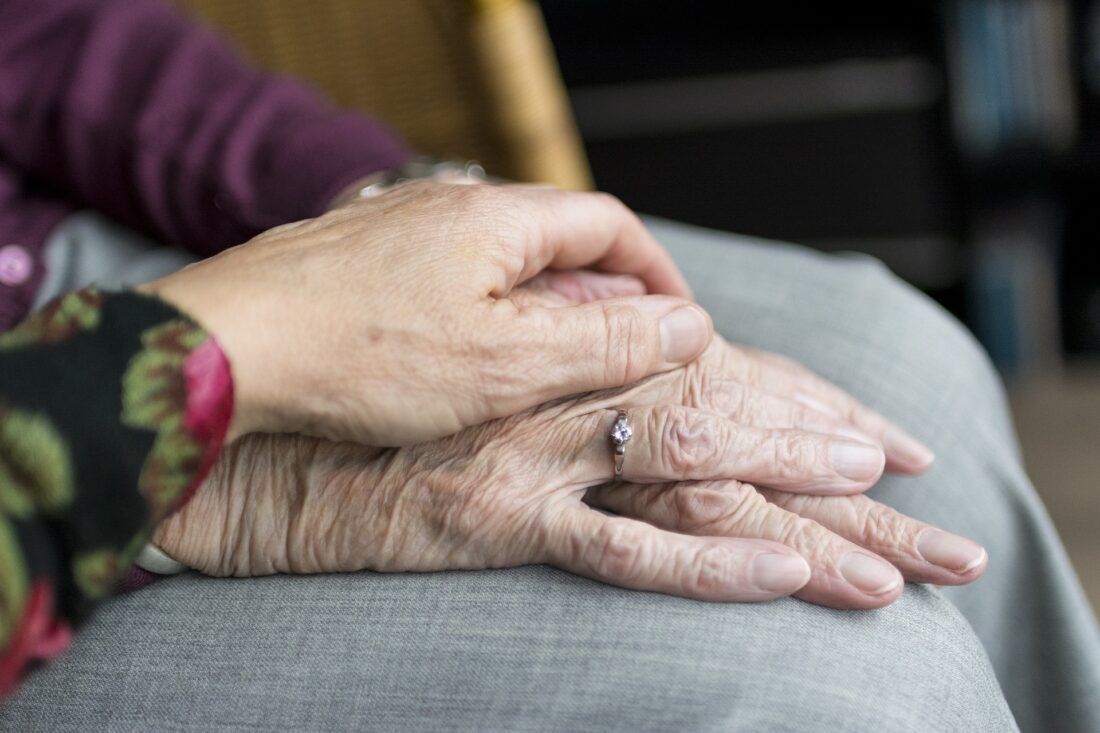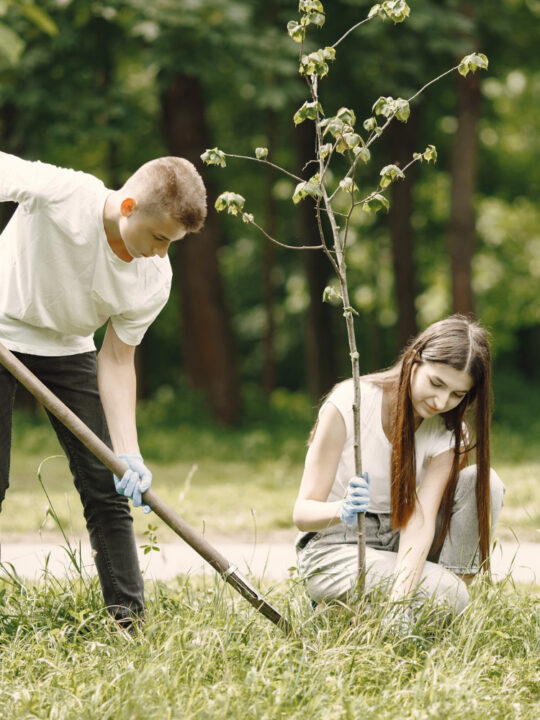
Adjusting to the “new normal” has been anything but simple. Yet, for individuals that serve as a support system or caretaker for elderly relatives, the pandemic-related changes have caused an undue amount of stress. Whether they live independently, in a nursing home, or with you, their vulnerabilities to the coronavirus present many challenges. Essentially, limiting their exposure while trying to care for their needs is a juggling act that’s hard to balance.
Nursing homes and hospitals have eliminated or reduced visiting hours, making it hard to check in on aging relatives. Shelter in place and social distancing regulations have left seniors feeling depressed and cut-off from the world. Even families who have elderly parents in the home have to separate themselves and limit contact to keep them safe.
What Can You Do?
How do you care for the physical, emotional, and financial needs of your elderly relative without putting them at risk? Here are some suggestions below:
Be Cautious with In-Person Visits
If you’re going to visit an elderly loved one, proceed with caution. To keep everyone safe, you must follow any rules set in place by the hospital or senior care facility. You should also wear protective gear and practice social distancing. The same is true if they live in your house. Keep your distance as much as possible. Before making contact, make sure that you’ve changed your clothes and put on a face mask to protect your household.
Give Them a Call
If you’re unable to visit your aging relatives in the hospital, senior care facility, or their homes, let them know you care the old-fashioned way. Pick up the phone and give them a call. Just hearing your voice can lift their spirits. It also allows you to check up on their wellbeing and see if they need anything. Better than only audio, you can also contact your relatives via video chat. You guys won’t be able to touch each other, but the visual can be an excellent way to curb their loneliness.
Use the Internet to Your Advantage
The internet makes it easier to care for your elderly loved ones. From the comfort of home, you can access anything they need. Whether you need to manage their financial accounts, pay their bills, search for an affordable retirement living tv network service, or have groceries delivered to their residence, you can accomplish this while keeping everyone safe.
Consult with Healthcare Providers
Unfortunately, the coronavirus pandemic has prompted many senior citizens to steer clear of medical facilities. Not wanting to contract the virus, they put off appointments or remain silent about health problems to avoid being taken to the hospital. As neglecting their health could be detrimental, you should consult with their healthcare providers.
Find out what your family member needs to sustain their health. Get informed about the medications they need to take and signs of trouble that require immediate attention. Also, discuss telehealth services and set up regular appointments.
Hire a Home Health Aide
If your elderly parents live independently or in the home with your family, consider hiring a home health aide to assist you. As professionals trained to help with everything from cleaning and meal prep to administering medication and managing health problems, their job is to put your mind at ease. It limits your loved one’s exposure while ensuring their everyday needs are met. It also frees up your time, allowing you to tend to the rest of your family’s needs.
Create a Safe Space
As the number of coronavirus outbreaks in nursing homes continues to rise, and hospitals try to make room for patients in need, many adults have had to resume caretaker’s responsibility. If you’re thinking about moving a senior citizen into your home, you must prepare. Create a space in your home exclusively for them. Whether it’s a spare bedroom, finished basement, attic, or an in-law residence, it’s a lot easier to reduce their exposure. Lastly, ensure that they have everything they need, including a restroom, food, and entertainment source.
Caring for aging parents or elderly loved ones was already stressful enough. When you factor in a national pandemic, sheltering in place, and social distancing, the responsibility only gets more challenging. While you may need to make some adjustments, the above-referenced advice is sure to make it easier to be there for the ones you love.







